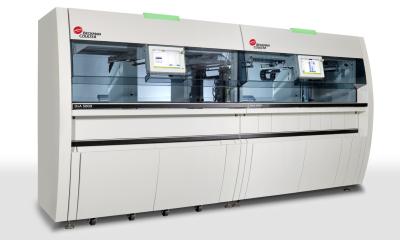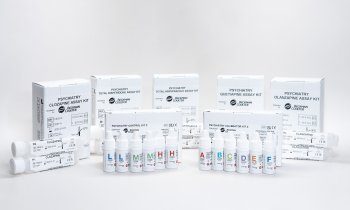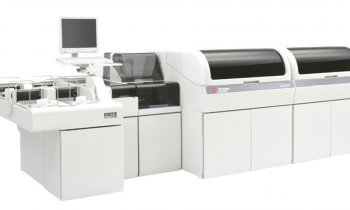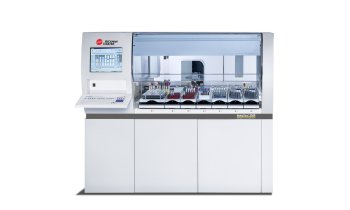A novel prostate disease marker and index show increased clinical accuracy
The role of prostate-specific antigen (PSA) in prostate cancer detection continued to command attention at during the annual congress of the European Association of Urology (EAU) in March.

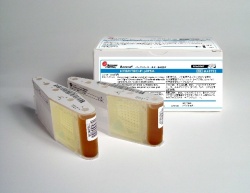
The likelihood of being diagnosed with prostate cancer in later life is highly dependent on the PSA level at the initial screening. However, according to a study published in Cancer (J Natl Cancer Inst 2003;95(12):868-78), approximately half of cancers detected are found to be indolent. Many patients have therefore undergone an invasive procedure. In the same study and another (Arch Pathol Lab Med 2004;128(5):557-60) it is estimated that the annual number of negative biopsies is around 750,000 in the US alone. Further, the European Randomised Study of Screening for Prostate Cancer (ERSPC) in its March 2009 report indicated that 75.9% of the men who underwent a biopsy for an elevated PSA value had a false positive.
In a recent article in the European Journal of Cancer, the ERSPC, referring to the findings of its side studies, indicated that the benefits of screening could be significantly increased by the introduction of new biomarkers, such as PSA isoforms.
At two of the Congress’s scientific review sessions, leading urologists presented a series of abstracts that delivered encouraging findings on the accuracy of the new prostate disease marker and the Prostate Health Index (phi)† and the correlation with prostate cancer aggressiveness, later confirmed by biopsy and pathological examination.
The new marker from Beckman Coulter, named Access Hybritech p2PSA†, measures an isoform of free PSA*. The new Prostate Health Index (phi) is derived by combining the results of three automated blood tests – PSA, free PSA and the new p2PSA. This is now available in Europe. When phi is installed, the analyser automatically calculates and reports the Prostate Health Index results and helps better determine if a man should be recommended for prostate biopsy.
These new observational studies presented at EAU looked at the isoform p2PSA and phi to see if, in a clinical setting, it might significantly improve the accuracy of total and free PSA in predicting the presence of prostate cancer and in correlating cancer aggressiveness.
As Massimo Lazzeri, MD PhD, of Milan’s San Raffaele Hospital, explained: ‘From our clinical, observational studies, the markers **and phi levels do correlate with aggressive cancers that can be separately confirmed by biopsy and pathological examination in patients who underwent radical prostatectomy. The development of more specific markers will be significant in helping us make better prostate biopsy decisions and, ultimately, improve our clinical decision-making for patients with prostate cancer.’
Dr Lazzeri and his colleague Luciano Nava MD will also present their clinical results at the American Urology Association conference in Washington, D.C. in May.
Based in California, USA, Beckman Coulter, Inc., develops, manufactures and markets products that simplify, automate and innovate complex biomedical tests. More than a quarter of a million Beckman Coulter systems operate in laboratories around the world, supplying critical information to improve patient health and reduce care costs. Recurring revenue, consisting of consumable supplies (including reagent test kits), service and operating-type lease payments, represents about 80% of the company's 2010 revenue of $3.7 billion.
*[-2]proPSA molecule **p2PSA and %p2PSA
†Not available in the United States
20.04.2011




